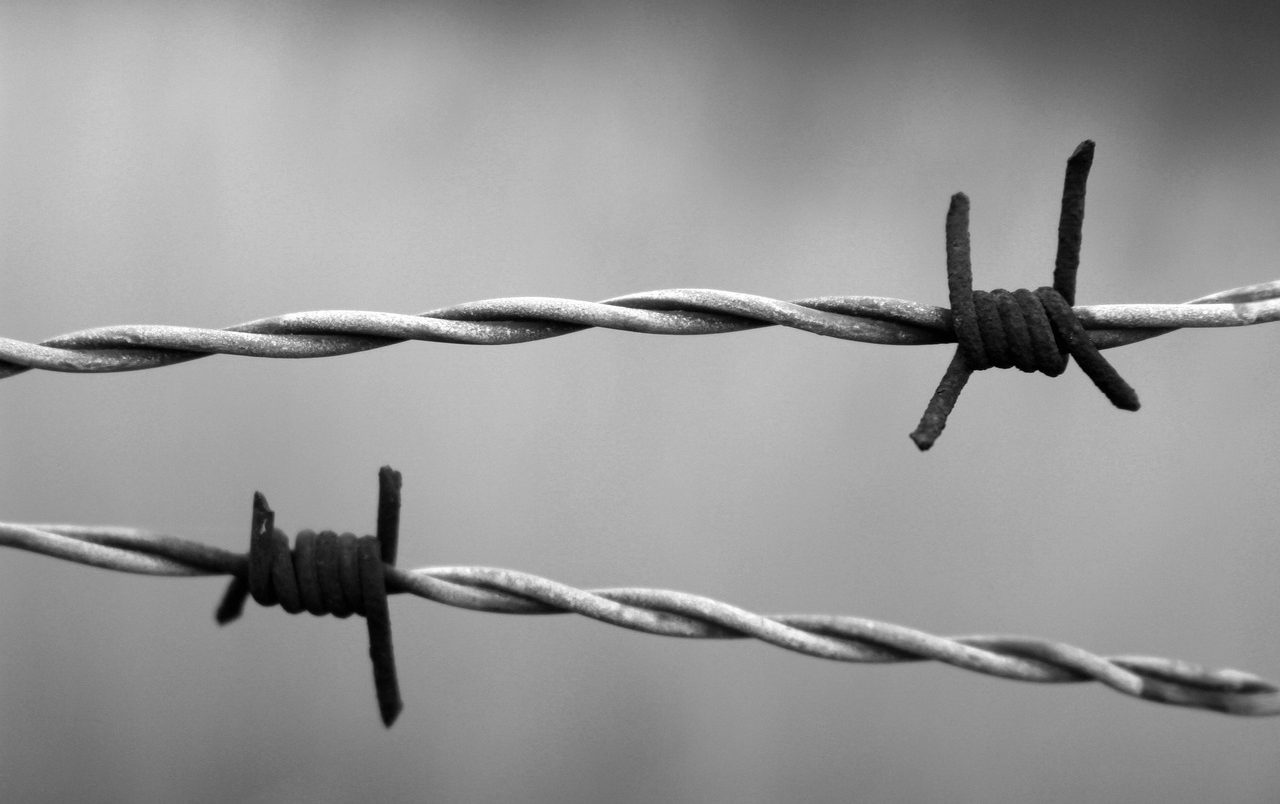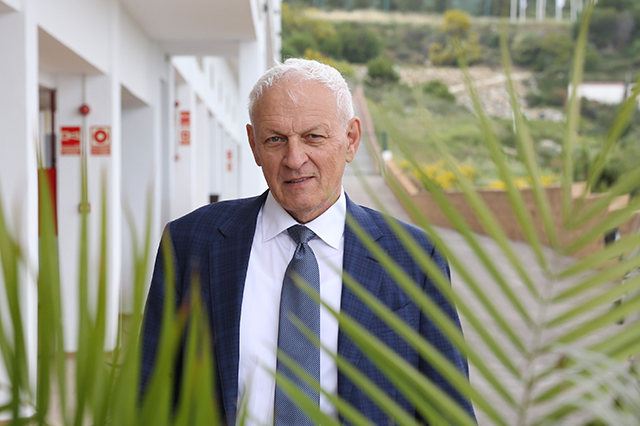Learning from Historical Mistakes for a More Peaceful Future
I have listed thousands of acts of war, crimes against humanity, and hothead militants that have detrimentally affected the world over thousands of years until today. All wars, without exception, remind us that those in power believe human life is worthless, even though the motive for war may be humanitarian there are always hidden agendas and violence can always be avoided. You only need to turn on your computer and it is all too easy to find news of war and violence. This is so much the case that we are now numbed to these horrifying events. Perhaps even worse is the fact that this is the concept humanity craves. Post-apocalyptic novels are best sellers, and bad news sells well. If newspapers sold out or in today’s digital age, constantly went viral by producing news of humanity’s success stories that would be proof the world we want to live in is peaceful and harmonious. However, as we can see that is not the case.
Soldiers, although brave, and this bravery often left unnoticed are manipulated into believing the cause they are fighting for is to make the world a better place, to fight for freedom, or to protect their loved ones. This is the narrative the government tells their population before war to condition them in preparation to eliminate the value of human life from their minds. Not all human life, just the lives of their enemies. For how can you kill fathers of babies, husbands of loving wives, and sons of loving parents all for the fulfilment of the government’s agenda if you value ALL human life?
These agendas, when analysed deeply never truly were to make the world a better place, to fight for freedom, or to protect loved ones. The obvious rebuttal to that bold statement would be. “Have you forgotten why the American Civil War was fought, and the fight against slavery? Have you forgotten why WW2 was fought and the horrors of the holocaust?” Of course not! But could there have been an alternative to war? As the history books are always written by the victor it is difficult if not impossible to tell. Instead, I return the question. Have we forgotten the horrors of wars? Because the repetition of the past would suggest that humanity never learns from its mistakes and history constantly repeats itself. Considering this it is a logical assumption that the value of many human lives seems to be less than the needs of the few elites and governmental leaders. It could be said that we are mere puppets dancing to their never-ending and often destructive march towards progress.
Experts claim the Ukrainian-Russian war at present has caused the death of an estimated 1 million soldiers in total. But who could benefit from these deaths? Other survivors will benefit from the ultimate profit, but these beneficiaries will never be the Ukrainian or Russian people. Not even Ukrainian or Russian soldiers who fought for, as they were told, freedom will benefit! As the war continues inflation and consequently the cost-of-living increase. Do you believe that we, the general population are indirectly financing this conflict? Meanwhile and perhaps ironically, we are left with a terrible situation. One in which there can be no recompense. 1 million women and children have become widows and orphans.
Support and aid given during times of war is often a muddy subject. Organisations such as the UN whose member states sell arms to one side or another also offer food and medical support to the victims of a war they created. How does the tally add up when the war is passed? How many bombs have stolen lives and how many doctors have saved lives? The balance would be much simpler if no war had occurred. It begs the question. If mediation and diplomatic support a framework of conditions to facilitate the mediation of the crisis before events escalated to full-blown warfare been offered by these worldwide organisations claiming to be defenders of peace and harmony, would this situation we find ourselves in today have been avoided?
In the shadow of countless conflicts and the relentless cycle of history repeating itself, we are forced to reflect deeply on the lessons humanity has yet to learn from its past. Despite the shocking toll of wars and the clear evidence that violence begets violence, we find ourselves entangled in the same catastrophic patterns. The Ukrainian-Russian conflict, among others, emphasizes three grim realities: Firstly, human life seemingly has little value. And secondly, the enormous cost of war is borne not by those who initiate it, but by the innocent and the brave who are caught in the crossfire. The staggering loss of life and the economic wreckage remind us that the true cost of war extends far beyond the battlefield. And thirdly no God has ever directly intervened to stop any war. This means that millions of believers who have pleaded for help on these occasions may feel cheated.
However, amid this gloomy outlook, there lies a potential for hope and transformation. If humanity can recognize the futility of conflict and the shared value of human life, there might be a path forward to a future where disputes are resolved not through violence but through diplomacy and mutual understanding. The repeated mistakes of the past need not dictate our future if we choose to learn from them. This necessitates a global shift towards valuing peace over power and compassion over conquest.
Some believers bang their heads against a brick wall hoping to receive an answer from God. And thousands of years people waited for Jesus and Mohammed in vain. These people never learned to use their brains, to ask critical questions. Certainly, god exists, but this deity is beyond our understanding, at least to help us understand our dreams or our collective unconscious. As we ponder our collective journey, it becomes clear that the responsibility for change lies with each of us. Through education, critical thinking, and fostering a culture of peace, humanity can aspire to a world where wars are relics of the past. This vision for the future does not dismiss the complex nature of human conflict but rather acknowledges that our shared humanity is worth more than the divisive agendas of the few.
The legacy of our time should not be defined by the conflicts we failed to prevent but by the peace we chose to cultivate. We need to be architects of a new era, one in which the value of human life is paramount, and the echoes of past wars guide us toward a more harmonious and united world. This idea is based on one simple fact. Life is a school we begin even before birth that never ends until the day we die. The reason we come to this school of life is simple, but few realise the truth before it is too late. Sometimes you win and enrich yourself with positivity and other times you lose. Whether you win or lose is irrelevant. The key factor is your reaction to the world around you. Just because you lose doesn’t mean you are lost. Your aim should always be to achieve your maximum potential, whatever that may be. As Albert Einstein is reported to have said. “You can’t judge a fish by its ability to climb a tree.” It’s not proven that he did say these words, but he was against the standardisation of testing people generally. So when our time comes make sure we’re a little bit wiser and a little more peaceful. Let us not end our education too soon because of war or violence, and let us leave the world a little better because we were here.
Interested? Get your copy of Politic$ now!
What is most striking about meeting Dr. Schellhammer beyond his pleasant and polite manner; youthful disposition or passionate and sincere views on humanity and the planet, is his unshakable conviction that the world needs a new pioneering education. But exactly who is Dr. Schellhammer? Is he a Philosopher, an expert on Human Matters, a Psychologist, a prolific author of titles from psychology to politics and economics, an educator, or a visionary with a profound and beneficial insight into the human condition? The answer is that he is all that and more. In different age he would have been called a polymath, and probably kept close company with those giants of The Age of Enlightenment, like Jean Jacques Rousseau, Thomas Payne, perhaps even Thomas Jefferson.

